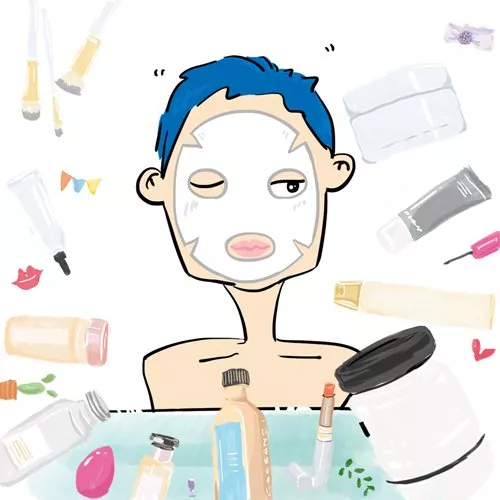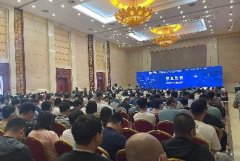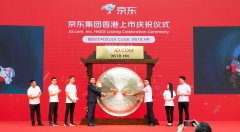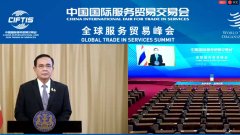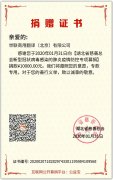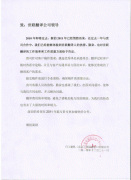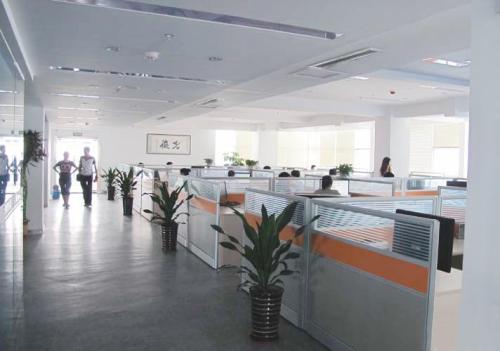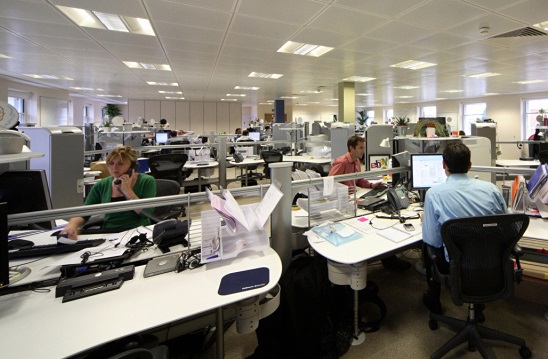男人们越来越“爱美”了?我觉得这没什么不好啊
时间:2018-07-18 14:21 来源:未知 作者:dl 点击:次
还记得不久前意外因“粉底”而走红的韩国门将吗?
如今,男性用护肤品甚至化妆品,都已不是什么新鲜事。
▲韩国门将用的啥粉底?男士带妆已经不是稀奇事(via新华网)
以下是GlobalTimes (Metro Shanghai)近期刊登的一篇评论,部分配有中文翻译。文末有小投票哟,欢迎大家参与!
In China, beauty products have long been perceived as the opposite of masculinity. In the past, few Chinese males would invest in skincare or cosmetic products. Most even felt proud about not keeping up their appearance, as they felt this made them manlier. But such ancient traditions are changing among younger generations of Chinese males. Data by Statista showed that Chinese men now tend to spend around 2.2 hours per week on personal grooming, Jing Daily reported on July 3. 在年轻一代中,(男人爱美太“娘”的)观念正在改变。据精日传媒报道,中国男性每周花费在捯饬个人仪表上的时间达2.2小时。 According to another report by the paper.cn in August 2017, males in first-tier Chinese cities spent about 24 minutes on their daily grooming, and around 88 percent of men surveyed said they check for beauty and fashion information online. Living in Shanghai, one of the most diverse and developed cities in China, I personally know many males in their 20s and early 30s who devote significant attention and money on their outer appearance. Skincare creams, perfumes and even cosmetics like foundation and concealer are no longer exclusive to Chinese women. 在魔都——这座中国最多元、最发达的城市之一,我身边有许多二三十来岁的汉子,就会在自己的外表上投入大量精力和金钱。洗面乳、香水甚至粉底遮瑕膏这类的化妆品,都不再独属中国女人。 Many of my male friends here have the habit of using perfume. Some consult with me about skincare advice and fashion tips. For instance, my middle school classmate Jason once complained to me about his worsening complexion and asked me to recommend a good toner for him. I told him to use hydrating water and facial lotions to moisturize his dry skin in the morning and evening, and he gladly took my advice and bought the products. He didn't feel the slightest bit embarrassed about asking or receiving help. Likewise, my friend Lucas who studied in Japan for two years now adopts a strict skincare regimen. He tends to spend around 6,000 yuan ($897) annually on skincare products, mainly expensive facial toners, creams and serums. He added that, in Japan, it is also common for men to use skincare and makeup products, as such displays mean you respect yourself and those who have to look at you. So what factors have contributed to the rapid rise in skincare and cosmetics use among men in China? One reason is that more and more male Chinese celebrities and social media influencers are now openly using such products. 那么,究竟是什么让中国汉子开始对护肤和化妆感兴趣起来了?原因之一在于,中国有越来越多男性艺人和微博大V们,在高调地“爱美”。 The most well-known young male celebrities, including Lu Han, Huang Zitao and Kris Wu, all tend to wear makeup in public. Meanwhile, male beauty bloggers have been springing up on social media platforms such as Bilibili and Sina Weibo. Many have gained tens of thousands, or even millions, of followers. Encouraged by these male celebrities, more ordinary men now want to try beauty products and feel less ashamed about doing so. Another reason is that the younger generation of Chinese males have finally realized that appearances matter very much in today's modern society. When looking for a job, for example, men must appear confident, handsome and tidy, especially in fields like sales, services and public relations. 还有一个原因,则是年轻一代的中国男性,总算也意识到当今是个“看脸”的社会了。比方说找工作,尤其是销售、服务、公关这类行业,男性也得形象气质佳,仪容整洁衣着好。 When dating, Chinese males with cleaner faces and better taste in clothes are also more likely to win a girl's heart. Research conducted by data consultancy company Kantar showed that around 73 percent of Chinese males in first-tier cities admitted that appearance matters a lot to them in both the workplace and personal relationships, China Youth Daily reported in 2016. 而在交往时呢?干净的面容、良好的衣品也更能赢得女生的芳心。根据《中国青年报》16年的一篇报道,有咨询公司调查称,在中国的一线城市有73%的男性承认,在工作和个人交往中,外表的确是非常重要的一项因素。 Personally, I think that the traditional belief that beauty products and trendy clothes are female privilege is outdated. I support Chinese males breaking through ancient perceptions about masculinity; they should be as free to pursue beauty as we ladies are. 在我个人看来,美容产品也好,时髦衣服也罢,它们都已不再是女性的专利。我支持汉子们打破对所谓“男子气概”的古老观念:如果你爱美,你也可以和我们妹纸一样,有追求美的自由。 If women with short hair or wearing tomboy-style clothes should not be discriminated against, why should men be discriminated against for using skincare and beauty products? Both genders have an equal right to take care of their appearances any way they desire. As younger generations of Chinese experience better financial conditions and higher consumption power, I believe their expenditure on beauty products will likewise become much higher in the near future.
|










